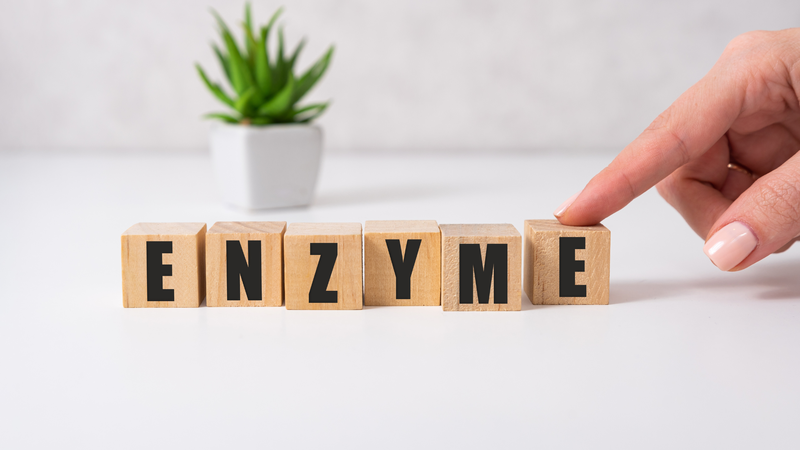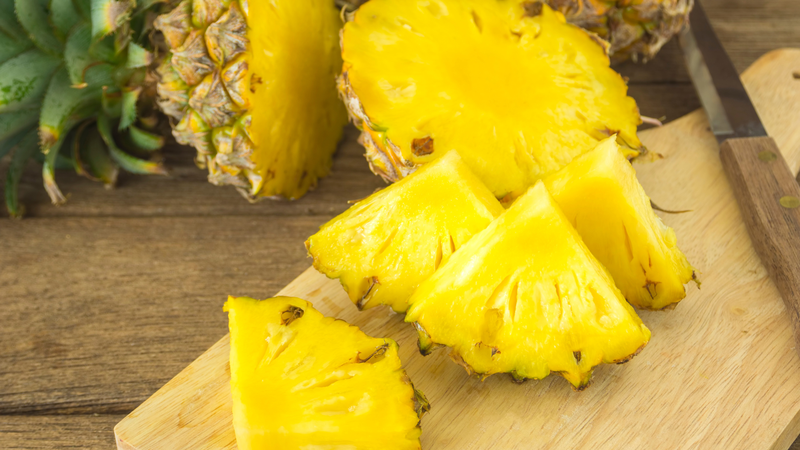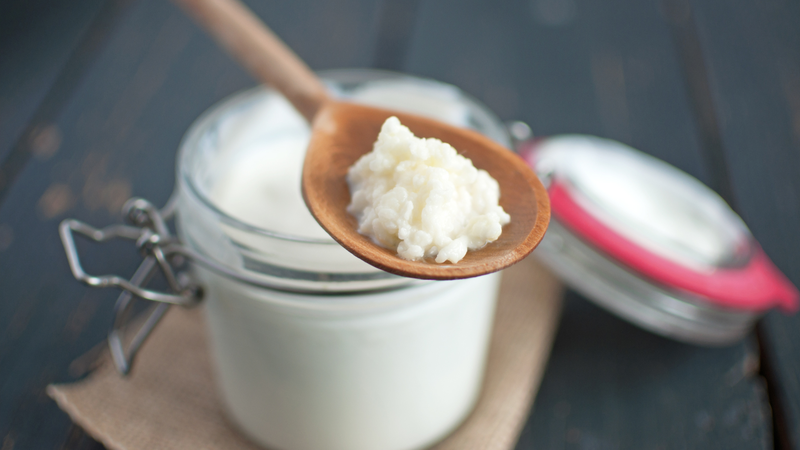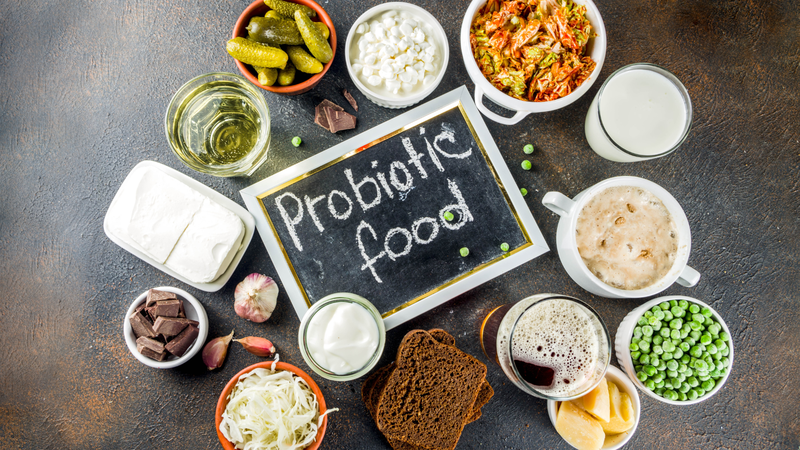Do you often experience digestive problems such as gas, indigestion, or bloating? Your digestive system may be lacking enzymes. This article will introduce 7 natural digestive enzyme supplements that will help you improve your digestive system and absorb nutrients better.
Digestive enzymes play an indispensable role in the process of breaking down food and absorbing nutrients. Enzyme deficiency can lead to digestive problems such as gas, bloating, and other unpleasant symptoms. This article will help you better understand how digestive enzymes work, important types of enzymes, and digestive enzyme supplements that support gut health.
How do digestive enzymes work?
Digestion is a complex process that begins as soon as you chew your food. This process stimulates the secretion of digestive enzymes from the salivary glands, stomach, pancreas, and small intestine. These enzymes play a role in breaking down food into smaller molecules for easier absorption by the body.
According to nutritionists, digestive enzymes are special proteins that help promote chemical reactions in the body. Nutrients in food are often in complex form, requiring digestive enzymes to convert into simple forms such as glucose, amino acids or fatty acids.

Digestive enzymes help promote chemical reactions in the body
Major Digestive Enzymes
Digestive enzymes are responsible for breaking down different nutrients. The most important enzymes include:
- Amylase: Breaks down carbohydrates, especially starch, into sugars. Amylase is secreted from the salivary glands and pancreas and plays an important role in the digestion of starchy foods.
- Maltases: Break down maltose (malt sugar) into glucose, providing energy for the body. Maltase is secreted from the small intestine and works in the digestion of starch.
- Lactase: Breaks down lactose – the sugar found in milk – into glucose and galactose. A lack of lactase can cause lactose intolerance, leading to bloating or abdominal pain.
- Lipase: Breaks down fats into fatty acids and glycerol. This enzyme is produced in the mouth, stomach and pancreas.
- Protease: Breaks down proteins into amino acids. Protease is secreted in the stomach and pancreas and plays an important role in the absorption of protein from food.
- Sucrase: Breaks down sucrose (cane sugar) into fructose and glucose, two simple sugars that are easily absorbed.
Conditions such as lactose intolerance, pancreatic disease, or damage to the small intestine can all affect the ability to secrete digestive enzymes.
7 Foods That Boost Digestive Enzymes
Here are some digestive enzyme supplements you should add to your diet to improve your gut health:
Pineapple
Pineapple contains bromelain, a protein-digesting enzyme complex. Bromelain not only aids digestion, but also helps tenderize meat. To get the most benefit, eat fresh pineapple instead of pineapple juice, as high temperatures can deactivate this enzyme. However, be aware of the high sugar content in pineapple juice.

Pineapple is one of the foods that supplement digestive enzymes.
Avocado
Avocados are a source of lipase, an enzyme needed to break down fats. They also contain healthy fats and fiber, which aid in digestion. You can use avocados in salads, smoothies, or baked goods to boost your digestive health.
Bananas
Bananas contain amylase and maltase, two enzymes that digest carbohydrates. Amylase breaks down starch in breads and cereals, while maltase converts maltose into glucose. Bananas are easy to incorporate into your diet through smoothies, cereals, or eaten raw.
Mangoes
Mangoes are also a rich source of amylase, which helps break down starch into easily absorbed carbohydrates. Eating ripe mangoes will provide the optimal amount of enzymes for your digestive system.
Papaya
Papaya contains papain, an enzyme that helps break down proteins. Papain is sensitive to heat, so you should eat papaya fresh to get the most out of its digestive benefits.
Kefir
Kefir is a fermented milk rich in probiotic bacteria and digestive enzymes such as lipase, lactase and protease. This drink not only aids digestion but also balances the intestinal microflora. You can drink kefir directly or combine it with smoothies.

Kefir is a fermented milk rich in probiotic bacteria and digestive enzymes.
Sauerkraut
Fermented sauerkraut contains many digestive enzymes that help break down proteins, fats, and starches. To preserve the nutritional benefits, you should choose sauerkraut made from water and salt instead of products containing preservatives.
How to optimize digestive health?
In addition to eating foods that supplement digestive enzymes, you should pay attention to some habits that support the digestive system:
- Eat slowly, chew thoroughly: The process of chewing thoroughly helps activate the secretion of enzymes from saliva, increasing digestive efficiency.
- Drink enough water: Water helps dissolve enzymes and facilitates chemical reactions to take place more effectively.
- Limit processed foods: These foods often contain few natural enzymes and can be difficult to digest.
- Use fermented foods: Foods such as yogurt, sauerkraut, and kefir provide additional beneficial bacteria and digestive enzymes.
- Consult your doctor: If you have symptoms such as bloating or persistent indigestion, you should see your doctor for advice on digestive enzyme supplements or dietary adjustments.

Using fermented foods provides additional beneficial bacteria and digestive enzymes.
Digestive enzymes are essential to maintaining a healthy digestive system and ensuring that your body absorbs nutrients adequately. Adding digestive enzyme supplements such as pineapple, avocado, banana or kefir to your daily meals is a simple and effective way to improve your gut health. At the same time, maintaining a healthy eating habit will help you optimize your digestion and prevent digestive problems.





